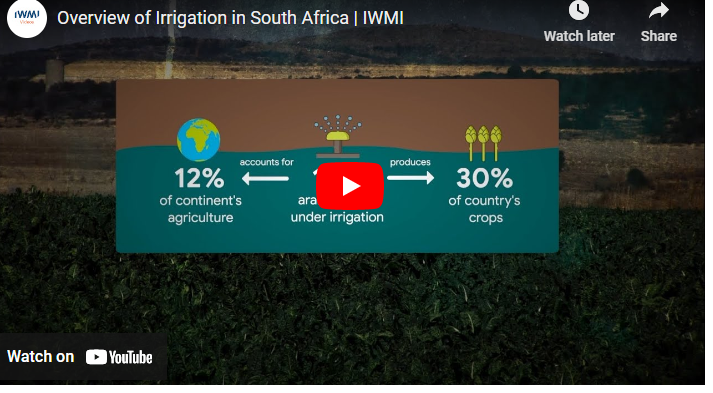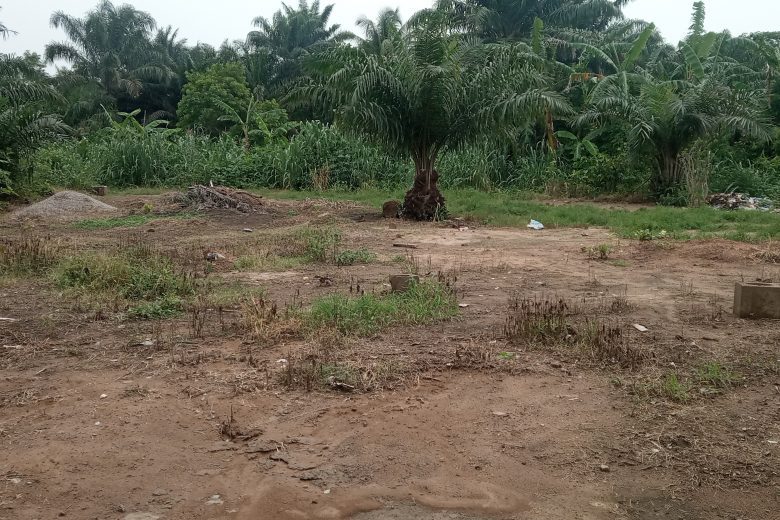In our discussion today, you will learn how to start farming in Morocco. You will be learning from the step-by-step guide that will help you successfully start farming, what equipment you need, as well as how to get the funding you will need.
Farming in Morocco is profiting considering the high exportation of farm produce making it one of the major economic activities in the country because of the high demand for food.
The tip on how to start farming in Morocco include identifying your area of interest, preparing a business plan, buying farmland, preparing the farmland, farm management, and fertilizer application.
As you continue to read, you will get all the necessary information that will help start and continue sustainable farming in Morocco.
How to Start Farming in Morocco Step By Step Guide
Farming requires careful planning, so you shouldn’t jump into the venture prematurely. To begin farming in Morocco, follow the farming tips outlined and discussed below
Step 1: Identifying your Area of Interest
It is important to know the exact type of farm niche you want to start bearing in mind that farming endeavors in Morocco just like the rest of the world are divided into crop farming and animal husbandry.
Read Also: How To Start Farming In Botswana [Beginners Guide]
Crop farming involves the cultivation and management of a variety of plants for food and commercial purposes. While animal farming involves the rearing of animal variety for food and other commercial purposes as well.
Step 2: Prepare a Business Plan
Having identified your farming area of interest, you should prepare a business plan where you will outline your business strategy.
The business plan should contain all the information on how to start your business and help your farm or food production business grow.
Note that a good business plan will help you when sourcing funds to receive government grants or loans.
Step 3: Acquire the Right a Farmland
You will need farmland where you can carry out your farming activities. However, you will need to decide whether you want to buy the land or rent it.
Read Also: How to Start Farming in Egypt [Beginners Guide]
Before you buy your farmland, you need to consider the following: access to water, nearness to market place, quality of soil properties, and weather conditions.
Step 4: Prepare the Farmland
The farmland should be prepared to suit the purpose of agricultural activities which can either be crop or animal farming. as such, there are different activities to be carried out to make the farmland suitable for farming.
The land should be cleared removing all types and sizes of unwanted plants on the farmland. Clearing of farmland can be done using simple farm tools or mechanized tools.
Other farmland preparation activities in succession include plowing or tilling and spraying herbicides and pesticides for pest control to avoid weeds germinating before planting and pests away from the farmland.
Read Also: How to Start Farming in Egypt [Beginners Guide]
Step 5: Prepare the Farm Bed
You will have to make the farm beds where the crop seedlings will be planted. The essence of the seedbed is to promote maximum root growth and maximum exposure to air, penetration, and drainage.
To prepare the farm bed, you can make use of simple farm tools like a hoe or advanced machines to carry out the same purpose.
Step 6: Irrigation
There is a need to water the plants daily, early morning and evening precisely so that the plants can germinate appropriately.
The best system to water the farmland is through irrigation systems such as sprinkler irrigation, surface irrigation, drip irrigation, sub-irrigation, localized irrigation, and several others.
The type of irrigation system adopted depends on the crop you plant because there is a variety of plants that requires different water level.
Read Also: How To Start Farming In Lesotho [Beginners Guide]
Importantly, you have to avoid overflooding your farm to avoid the plant roots becoming rot and developing diseases or eventually dying.
Step 7: Farm Management
Farm management involves activities that will improve the hygiene and yield of the plants. The farm management includes:
Mulching
This practice is vital especially in regions like Morocco and its regions because of the high temperature and shortage of rainfall.
You can carry out mulching organically using dried grass and weeds, or inorganically. The aim is to protect the soil from losing moisture and the plant as well from scorching due to excessive sunlight.
Weeding and Pest Control
Weeds are unwanted plants that grow in between edible plants competing for space and nutrients.
That is why you have to practice weeding and pest control should be done at intervals so that the plants can grow well.
Weeding and pest control can best be done by the spraying of herbicides for weed control and pesticides for pest control.
Step 8: Fertilizer Application
Fertilizer application is important to help your plants grow properly. The essence is to supplement and replenish soil nutrients. Fertilizer can be applied through broadcasting at sowing or planting is also known as a basal application, top dressing, and localized placement.
Animal Farming in Morocco Step By Step Guide
Animal farming in Morocco is a business venture you can go into. The country is known to be a frontier in cattle, sheep, goat, and snail farming.
To venture into animal farming, follow the guideline below.
Step 1: Search and Acquire a Farm Site
You need to look for a suitable farm in a location that is suitable to practice animal farming. the location should have favorable weather, good soil condition, access to water, nearness to your target market, and several other factors to be considered.
You can buy the land or rent, depending on your budget and how long you intend to be in the business.
Step 2: Prepare the Farmland
The next course of action is to clear the farmland and make it farm-ready. The wastes should be packed and burnt or find alternative means of disposal. Also, disinfect the land against pest and disease infestation.
Step 3: Prepare Animal House
You have to prepare the place where the animals will be stocked on the farm. It can be in a pen, cage, hutch, stead, and any other type of house that suit the type of animal you want to farm. Also, ensure you provide imperatives like feeding and watering pans, health toolkits, and lighting systems to provide heat.
Read Also: How To Start Farming With No Money In South Africa (Zero Capital)
Step 4: Buy and Stock your Animal Breed
You should visit an animal breeder to purchase your preferred animal breed. The animals should be sorted and stocked in the animal house. Ensure you practice spacing to avoid overcrowding.
Step 5: Animal Management
Ensure you take care of the animals so that they can grow to maturity. Activities like animal house cleaning, feeding, treatment administration at intervals, and fumigation should be practiced routinely.
Step 6: Harvest
As you care for and monitor the growth of your animals, the matured ones should be sorted and prepared for marketing. Also, the products such as eggs can be sorted and packaged for sale.
Can I Start My Farming?
It is very much possible to start your farming but, there are things you need to consider before venturing into the business. So, if you are wondering how to start your farming, the first step is to find out the type of farming that you have a passion for. The next thing is to get the skill, draw a business plan, and source for funds or better still start small.
Furthermore, you have to get farmland, prepare the land for farming activities, plant your crop seedlings, manage the farm properly, and then harvest the ripe crops.
How do You get Money to Start a Farm?
Funding is a crucial aspect of farming just as it is in every endeavor. You have to find a source of funding so that you can acquire all the necessary equipment as well as run the farm’s day-to-day activities.
The different means how to get money to start a farm is to apply for government grants, file for a loan (if necessary), and financing from friends and family.
What Foods does Morocco Import?
Despite the high level of farming activities in Morocco, the local food production is not enough to cater for the teeming urban population. To supplement the local food production, the country imports food such as wheat, flour, maize, and sugar.
What is Morocco Famous for Producing?
Morocco is well known for producing vegetables and fruits which are highly exported to other countries. The country is also known for its rich oil and gas industry.
Problems of Farming in Morocco
As much as farming in morocco is enticing, it is not without its challenge. The major problems of farming in Morocco are related to climate conditions and environmental factors. These are
- Lack of mechanization;
- Shortage of rainfall;
- Agricultural policies; and
- Poor access to market
- Low access to water
Most farmers practice small-scale farming making it difficult to get an abundance of food supply in the market.
These challenges can be tackled if given the proper attention and resources needed.
Solutions to Agricultural Problems in Morocco
There are no problems without solutions. You are rewarded for providing solutions to problems. So to curb the agricultural problems in morocco, the following actions are to be taken:
- Farmers education
- Provision of farm machines
- Modern agricultural technology should be provided
- Irrigation should be highly practiced
Conclusion
As we conclude the discussion on how to start farming in Morocco, I believe you now have added information and have learned something new about beginning a farming venture in the country. The fact remains that farming can be tasking but it is also an exciting and rewarding venture. If done right, you will make a lot of profit in the long run.




One Reply to “Guide To Start Farming In Morocco [Step By Step]”